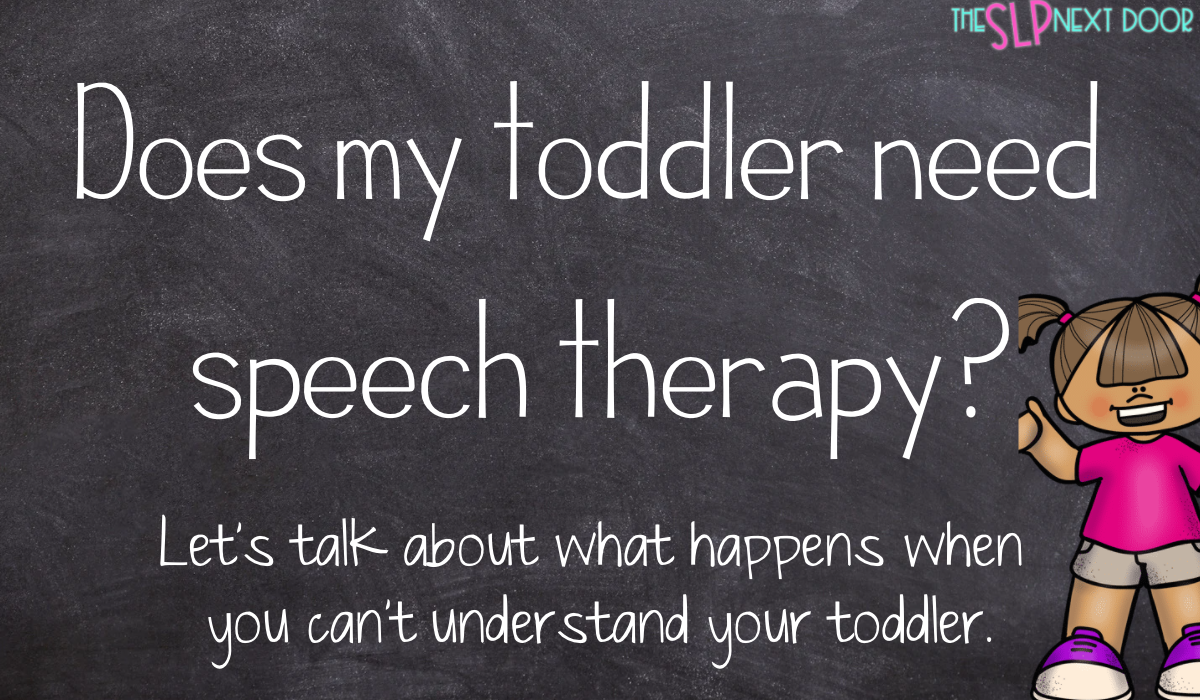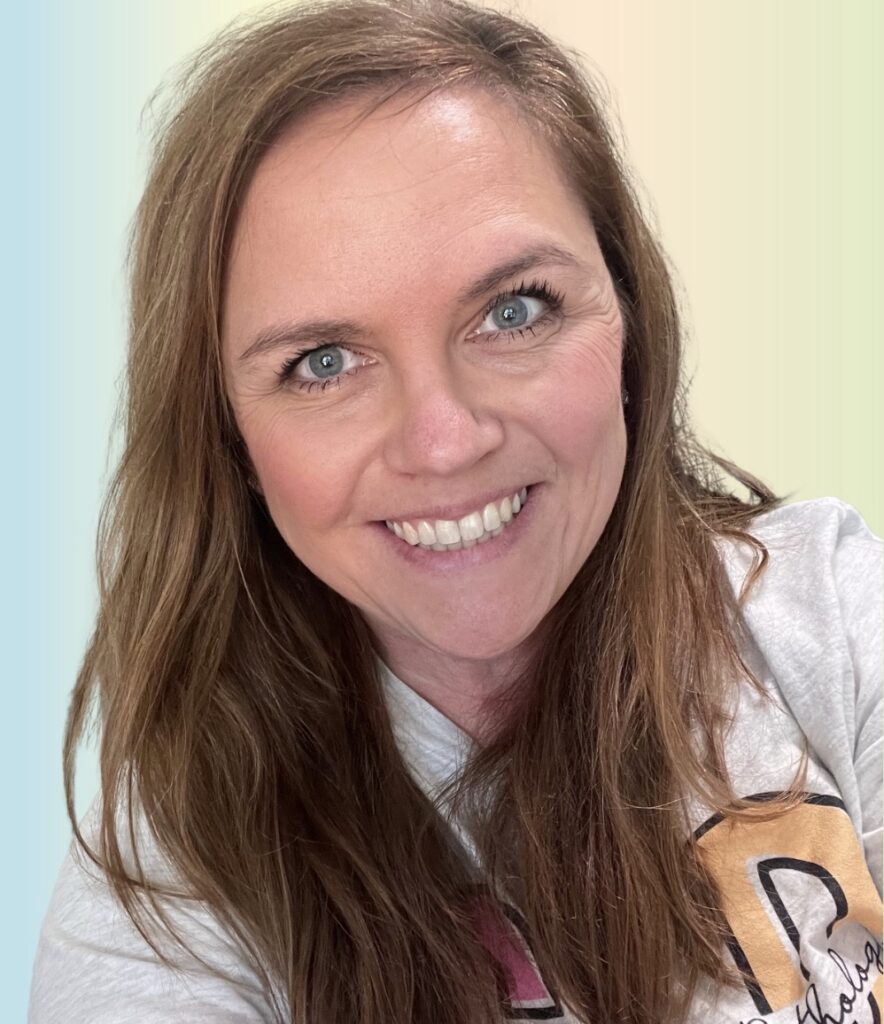Toddler Development
As babies develop into toddlers and begin to speak it’s often quite difficult to understand them. This difficulty is caused from the development of coordination with oral motor structures and developmental phonological processes. The structures in their mouth (tongue, jaw, lips) are learning how to work together to produce words. This development takes time and coordination and, initially, spoken words will not be produced as clearly as an older child or adult. In addition to speech, everything else in their world is also developing: thinking abilities, problem-solving skills, gross motor skills, fine motor skills, and… emotions.
Speech Errors in Toddlers
Toddlers experience reduplication denasalization, assimiliation, final consonant devoicing, final consonant deletion, stopping, fronting, cluster reduction, and weak syllable deletion within the first 3-4 years of their life.
As babies transition their speech from babbling, they begin to reduplicate single syllables in words (“nana” for banana”). Eventually (usually by 18 months-2 years) those reduplications turn into individual words. Once the words develop, the phonemes (individual sounds in words) aren’t necessarily produced in the right place or the right order. At this age, these errors are referred to as phonological patterns.

Final Consonants & Multiple Syllable Words
When toddlers aren’t quite sure how to pronounce a particular sound, often times they just replace it with a sound they know (like “p” or “t”) that’s what is happening when you hear “bub” for bug or “bork” for fork. It will also be natural for 2 year olds to leave off some final consonants in words (“da” for dog) and change some sounds in words to sound like similar sounds (“tat” for cat). Some words are big and have multiple syllables, like elephant. Toddlers may reduce these words to a more simple form “el-phant”.
How much should I understand?
Let’s put things into perspective; when it comes to toddler talking, you [and those that aren’t as familiar with your toddler] should understand:
50% of what your toddler says by 2 years old
75% of what your toddler says by 3 years old
100% of what your little is saying by the time they are 4 (even if the sounds in the words aren’t correct)
By 6-7 years old, there should be minimal to no errors in speech.
What can I do to help my toddler?
The first step is to make sure the child’s hearing is within normal limits. Allergies, fluid build up, ear wax, and a number of other factors can impact a child’s ability to hear sounds effectively. When it comes to speech development, hearing plays a big role. If you have concerns with hearing, be sure to check with your pediatrician.
If there are no concerns with hearing, don’t pressure toddlers to use correct speech sounds! Instead, naturally respond back using the correct form of words when they speak incorrectly. For example: toddler says “da!” [dog] You respond: ” Yes! do-G, placing an emphasis on the last G sound in the word. Another example, while looking at a book about zoo animals, you hear them say el-pant. Your response: “an el-E-phant” (making sure to reiterate that middle consonant). Speech therapy in toddlers requires a lot of auditory bombardment, saying the same words or sounds multiple times in multiple communication contexts. Toddler’s will process the entire word and oral structure coordination skills should catch up allowing them to start saying more syllables in words. The ability to “drill and practice” sounds in words (I say a word and you repeat it back to me) will come with age.
Does my toddler need speech therapy?
The good news: most phonological process errors will resolve on their own. In some cases, toddlers need extra help with their speech development.
When does my child need speech therapy?
If you aren’t sure about where your toddler’s speech and communication are, don’t seem to be able to understand what they’re saying, or just have concerns, talk with your pediatrician about a referral for a speech evaluation! It never hurts to ask. An evaluation from a speech-language pathologist can determine your toddler’s strengths and weaknesses when it comes to communication.
If they qualify, the Speech Language Pathologist can create a road map of goals specifically for your toddler’s needs to increase their speech, language, and communication.
Looking for some fun outdoor activities for your toddler while also helping them learn language? Check these outdoor activities for the 5 senses!



2 Responses